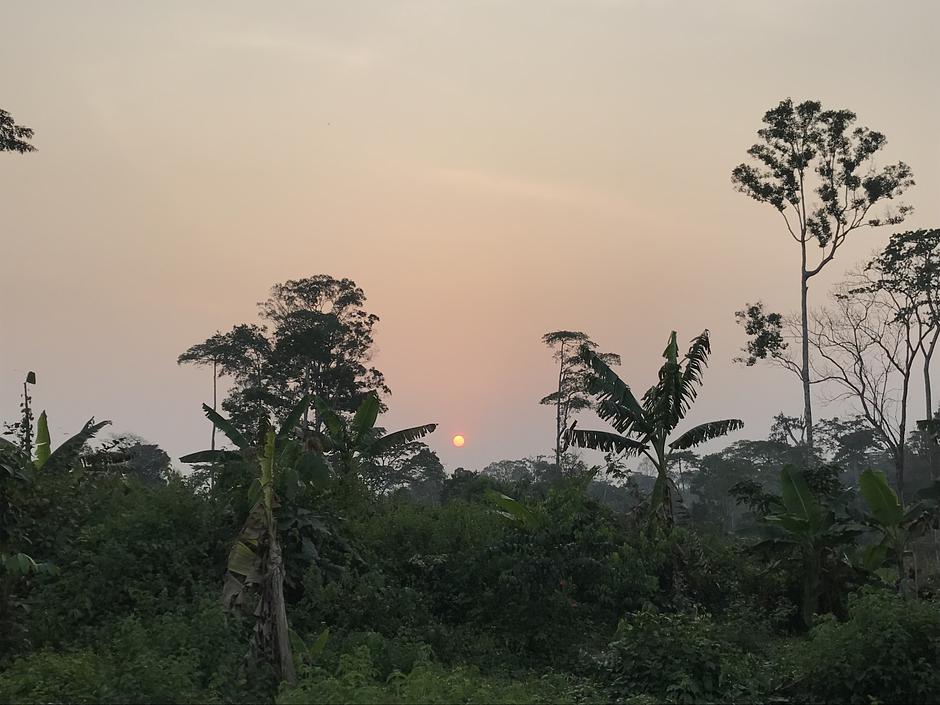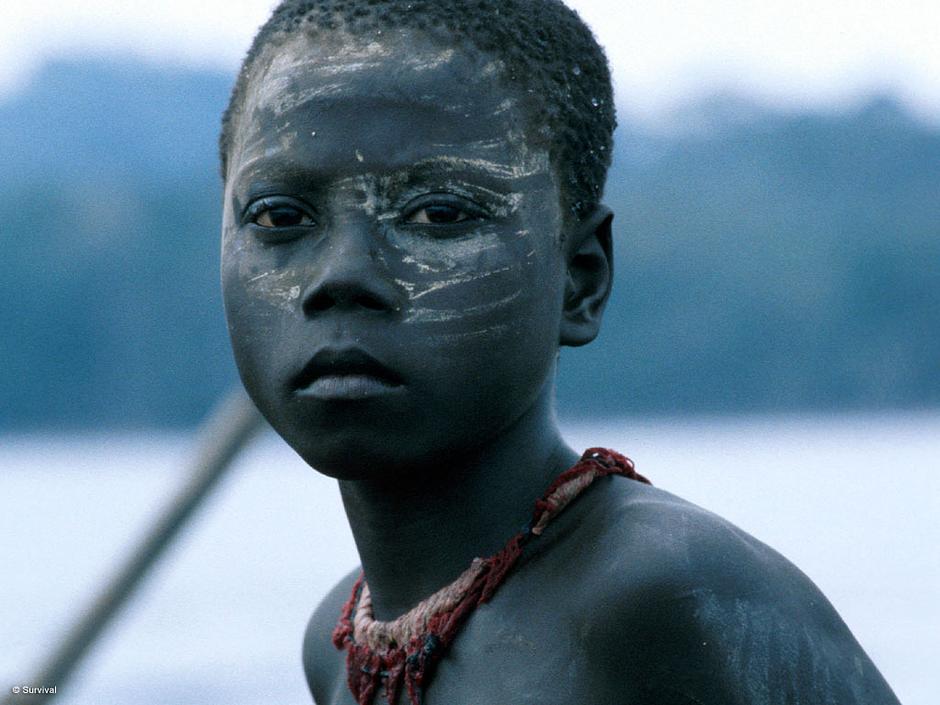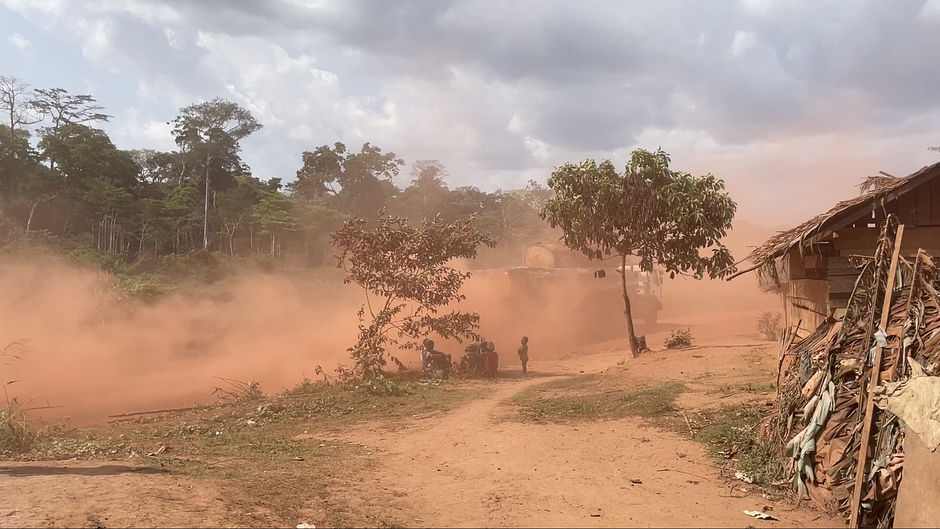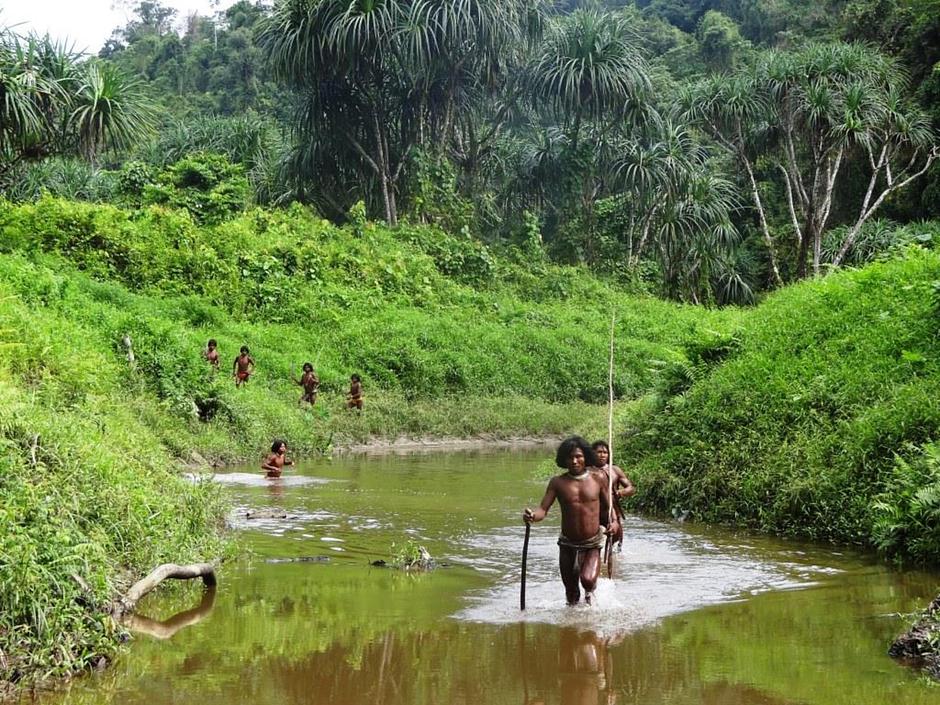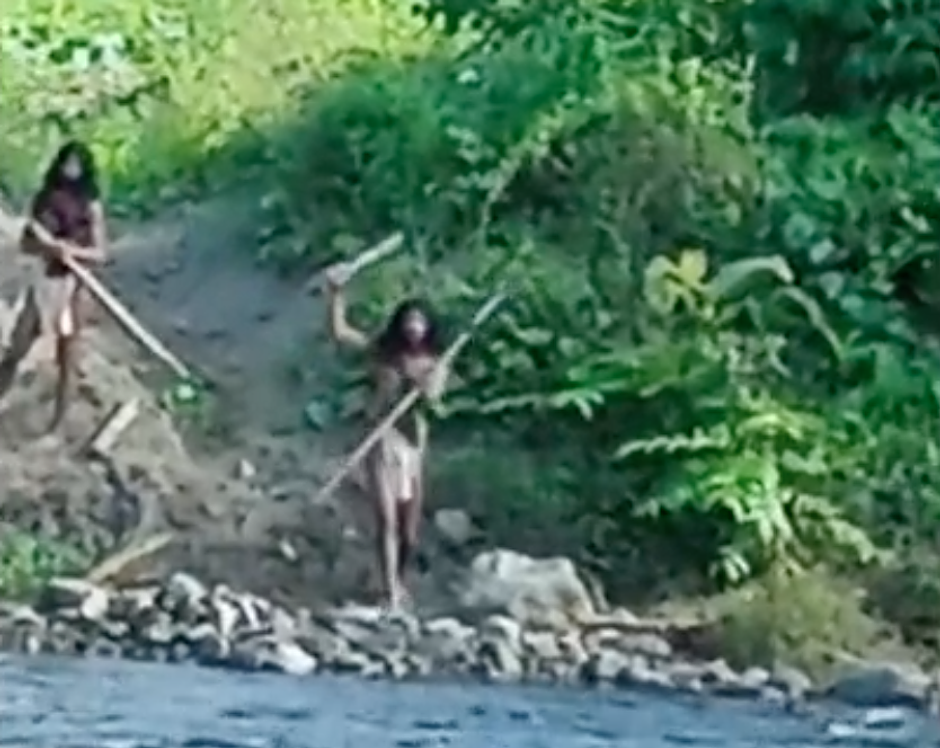7 Eye-opening Facts for International Day of the World's Indigenous Peoples
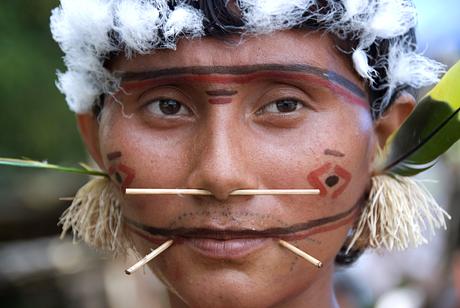
On August 9th, International Day of the World’s Indigenous Peoples, Survival International reflects on the terrifying levels of racism, land grabbing, forced development and deadly violence still facing tribal peoples.
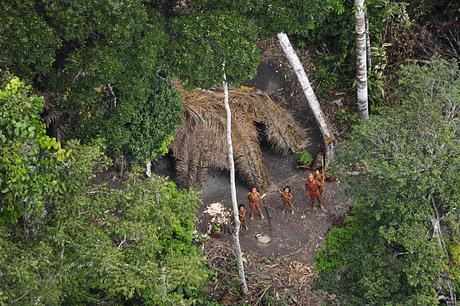 © G. Miranda/FUNAI/Survival
© G. Miranda/FUNAI/Survival
1. “If I take over, there won’t be even one more centimeter of Indigenous land.” said Jair Bolsonaro, a leading candidate in Brazil’s presidential elections, taking place this October. There are over 100 uncontacted tribes in Brazil, more than anywhere else on Earth, and all of them face catastrophe unless their land is protected.
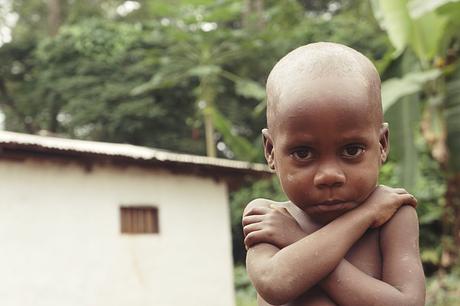
2. In the name of so-called “conservation”, the Baka tribe in Congo Republic and Cameroon are forbidden from entering much of their ancestral forests, which they have nurtured and depended on for generations. They are terrorized by anti-poaching squads, funded by WWF, if they dare to enter. Yet tribal peoples are the best conservationists and guardians of the natural world, and 80% of our planet’s biodiversity is found in tribal territories.
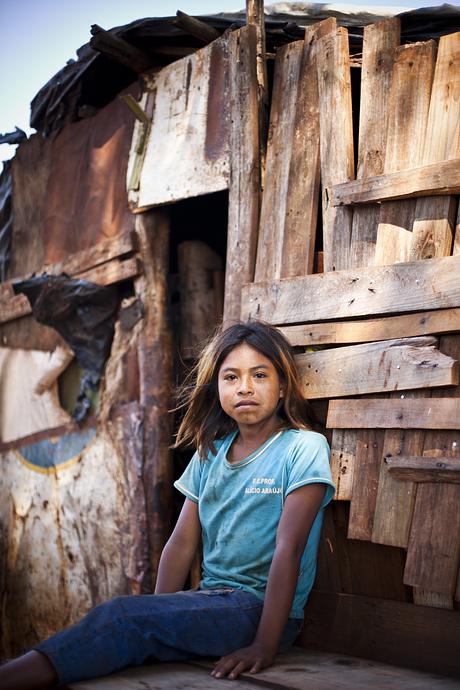 © Paul Patrick Borhaug/Survival
© Paul Patrick Borhaug/Survival
3. The suicide rate of Guarani-Kaiowa is among the highest in the world. Young people under the age of 30 account for 85% of the suicides; the youngest was a child of just 9 years old. ‘The Guarani are committing suicide because we have no land,’ said a Guarani woman. Ranchers have occupied the Guarani’s land and their gunmen are violently attacking her tribe’s communities. Tribal lands give them food, housing, medicines, clothing and a sense of identity and belonging.
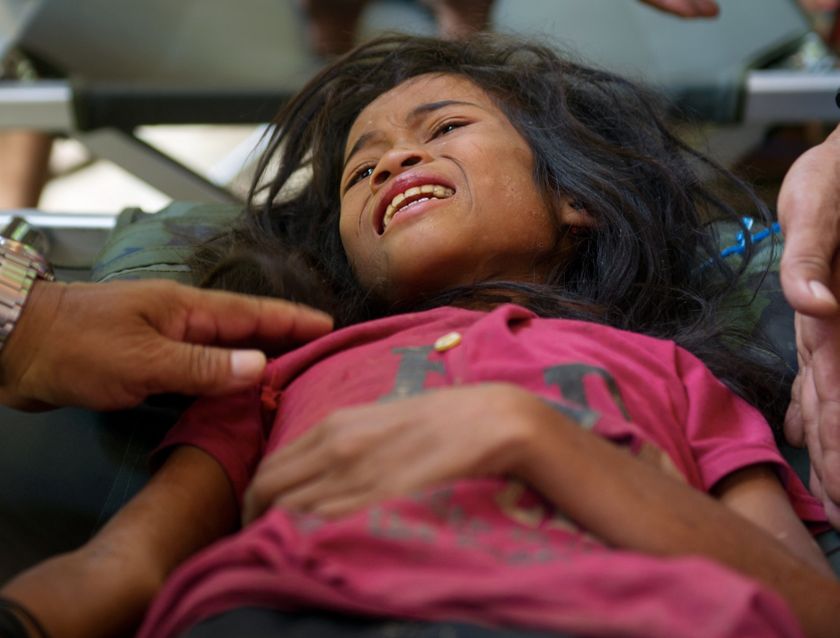
4. In Malaysia in 2015, five Orang Asli children died after they ran away from their boarding school, terrified of beatings from staff. Instead of looking for them, the authorities charged the parents with hiding the children and did not start the search for two weeks. When it finally began, they forbade the families from taking part and sent soldiers to hunt for the terrified children. The school’s response to the tragedy was to build a better fence.
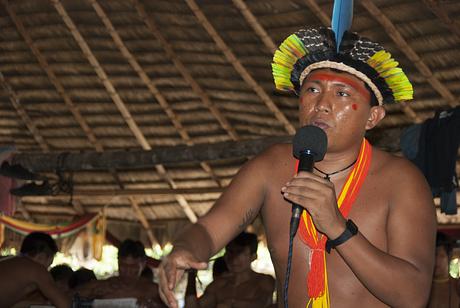
5. The UN Declaration on the Rights of Indigenous Peoples is too often ignored to suit the interests of governments and big business. In one example from 2018, the German government admitted that Indigenous peoples in Africa are “massively discriminated against” but concluded that “public demands” for the implementation of their rights could lead to conflicts.
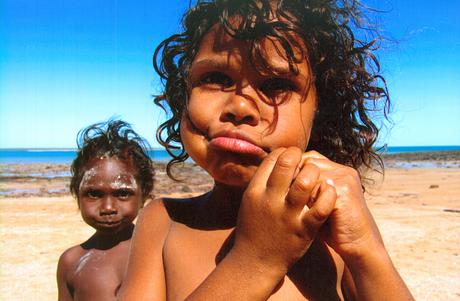 © Sinem Saban/Survival
© Sinem Saban/Survival
6. Australia enjoys one of the highest life expectancies of any country in the world: 82.5 years. But life expectancy for Aboriginal people is over 10 years lower than that of the non-Indigenous population. Tribal peoples who control their own land are healthier with a far better quality of life than tribes who’ve been evicted from their lands.
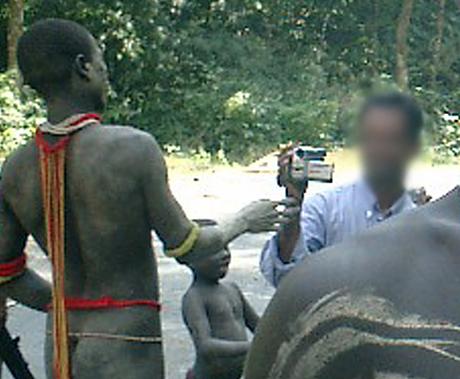
7. Human safaris. Tour operators on India’s Andaman Islands are selling “human safaris” to the reserve of the Jarawa tribe. Tourists travel along a road through the Jarawa’s forest, trying to “spot” members of the tribe like animals in a safari park. In 2002 India’s Supreme Court ordered the closure of the illegal road through the Jarawa’s land, but it has remained open.
Stephen Corry, Director of Survival International says: "Tribal societies are not shadows of Western civilization or failed attempts to emulate it. Far from being “primitive” or “brutal savages,” tribal peoples often put the community before the individual, share and exchange possessions rather than amass personal wealth, and embrace gender equality. Tribal societies are our contemporaries and a vitally important part of humankind’s diversity. Where their rights are respected, they continue to thrive. Survival International works in partnership with tribal people and gives them a platform to speak to the world. We need your support to bring about a radical change in public opinion to make sure they’re treated as contemporary societies and their human rights upheld."


